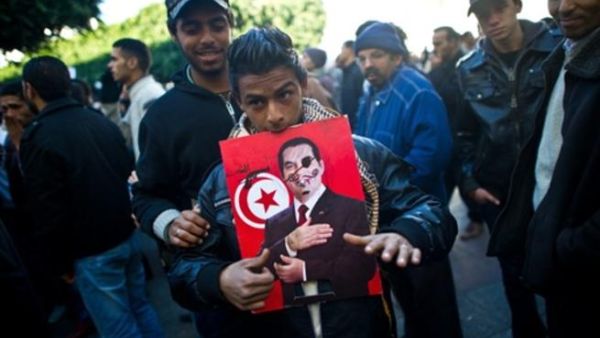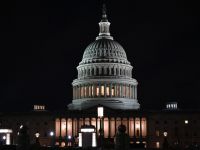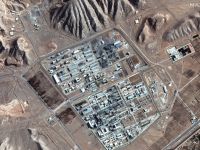The Tunisian economy has improved relatively well recently, prompting the Minister of Planning and International Co-operation, Abdel hamid Triki, to expect growth to reach 1% this year. This is despite the difficult circumstances facing the country after the strikes and sit-ins that closed many companies and caused a decline in production rates, oil down 14.4%, electricity and phosphates down 54%, tourism down 47% ( 53% in Jan-Feb), whilst cement production increased 6.4%.
Foreign investment in Tunisia declined sharply by 26% in the first seven months of the year, reaching 868.4 million Tunisian Dinars (TND), down from TND1178.9 million in the same period of 2010. Ninety-eight foreign establishments have re-entered growth phases and 136 have expanded to develop their activities and production at the end of July, creating 6,720 jobs. However 5,900 jobs were lost after 78 foreign companies closed their doors.
With regard to investment in general, Triki was optimistic about the 22% rise in manufacturing investments, and a 38.4% rate in regional investment. The Minister revealed that foreign investment for the year fell by 5% and hasn't exceeded TND2 billion despite the fact that investments worth TNB3 billion had been expected.
Triki said the state had allocated 1,600 million dinars, of the total mobilized external funding resources estimated at about 1,850 million dinars, to stimulate economic recovery and growth.
Unemployment remains the major challenge for the interim government, with 650,000 unemployed citizens, 17,000 of whom have university degrees, while an additional 70,000 citizens have returned from Libya. The minister said that 16,000 permanent jobs in the public sector will be created this year. Despite this, the unemployment rate will rise to 16.3% compared to 13.3% in 2010. Triki stressed the importance of the 3,200 foreign companies in Tunisia that employ 30,000 people.
The external payment balance deficit will hit 5.7% by the end of 2011, and will lead to a state budget deficit of 5.1% for the coming year, increasing the need for external funding to TND3.5 billion. (Source: www.yallafinance.com)







